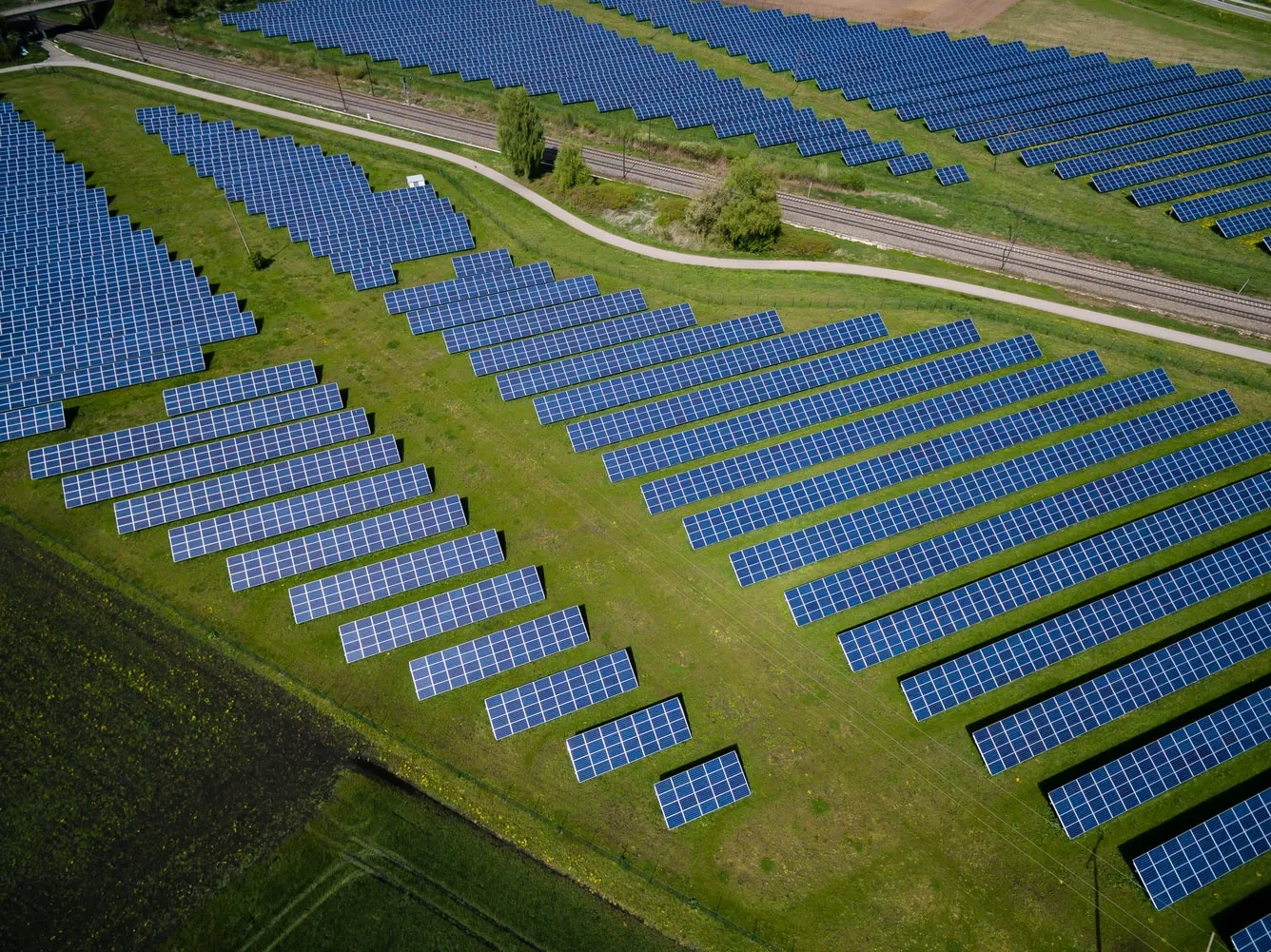Setting the Scene
Government Departments consult on their Statements of Strategy
Reflecting a new Government administration and a rapidly changing world, many Government Departments are currently consulting on their statement of strategy. While these statements may appear as vague aspirational documents, they provide broad strategic direction for the priorities of the Department and outline what areas will be the focus of the Department’s work.
In this article, reflecting our recently published strategic policy papers, I outline the main strategic priorities for EAI in the energy and transport sectors.
Decarbonising Ireland’s Energy Sector
The electricity sector will have to decarbonise in advance of other sectors in order to deliver a low carbon society. From identifying the technologies that can deliver this system to financing their development, DECC’s statement of strategy must recognise that time is of the essence to deliver decarbonisation.
EAI notes the recent SEAI study on how Ireland can deliver a decarbonised electricity system. Many technologies are outlined in this study however, the time is now to have the discussions on how industry and Government can work in tandem to deliver these technologies.
Delivering Security of Supply
As an island electricity market, Ireland is exposed to security of supply concerns. The transition to a decarbonised system must ensure that there is adequate capacity for Ireland’s growing economy. EAI continuously engages with this issue and believes that generators need policy and financial certainty to deliver a secure energy sector. As outlined in our investment framework[1] strategy paper, robust future investment frameworks are needed to enable a continuous supply of energy which must be reflected in DECC’s statement of strategy.
Supporting Affordability & Competitiveness
Energy costs hold great influence in the competitiveness of the Irish economy and the levels of energy poverty in Irish society. Recent geopolitical and economic developments have brought energy affordability to the fore and EAI believes that this will be a significant area of work for the Department. EAI believes that energy and industrial policy must work in tandem to deliver sustainable economic growth.
Increasing Sustainable Transport
EAI highlights that access to sustainable transport options can be quite limited for those living in rural areas. To address this accessibility, EAI seeks that the Department of Transport should add a strategic commitment to promote the rollout of EV sharing pilot programmes in rural or disadvantaged communities. This could come in the form of promoting eHubs where a community could access and learn the benefits of EVs whilst not requiring individuals to make the initial financial investment in EVs or the associated infrastructure.
Transport fuel obligation schemes such as the Renewable Transport Fuel Obligation (RTFO) should drive the construction of charging infrastructure to promote EV uptake. These policy measures have had positive results for biofuels however, they have not been leveraged effectively to increase the electrification of transport.
Ireland is facing many challenges in a volatile world. Government and by extension Department strategies must steer Ireland in a direction that positions the country as a renewable and economic leader. Time will tell whether the finalised strategic objectives will act as a north star for action or if they were a futile exercise in dreaming.
[1] EAI-Investment-Framework -for-Decarbonised-Dispatchable-Generation

